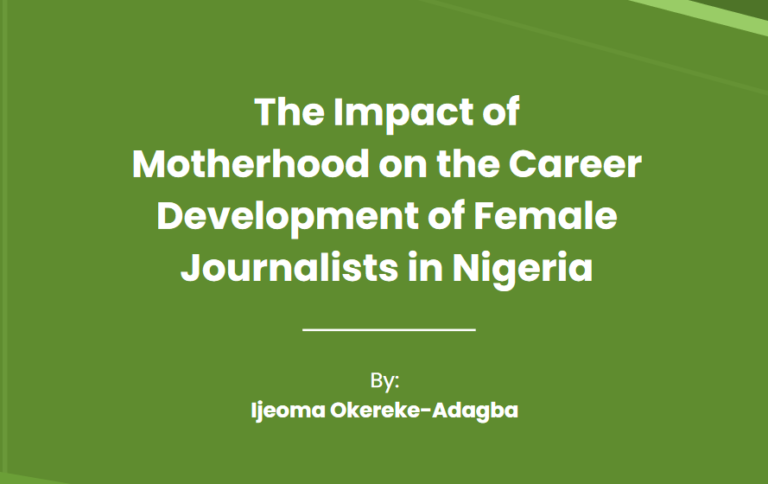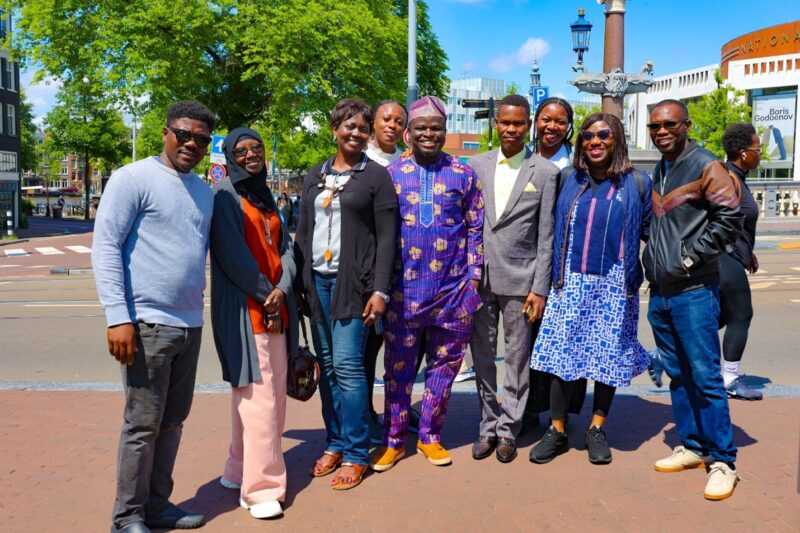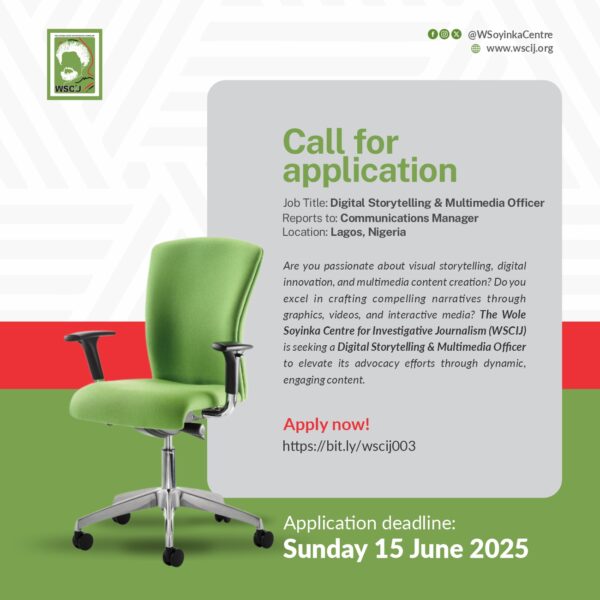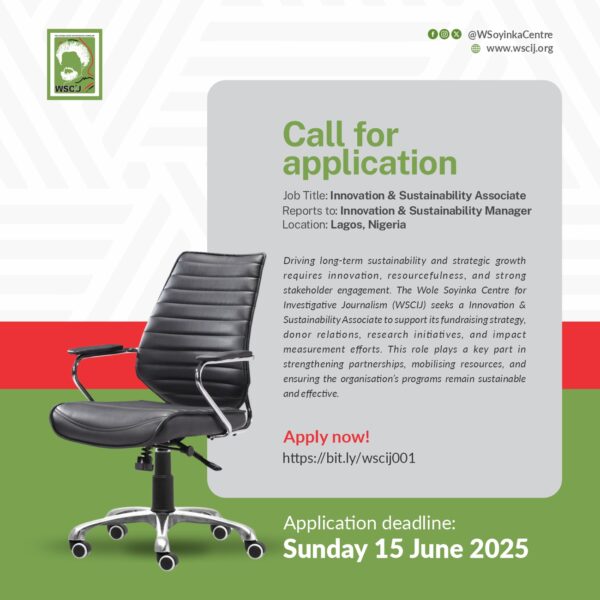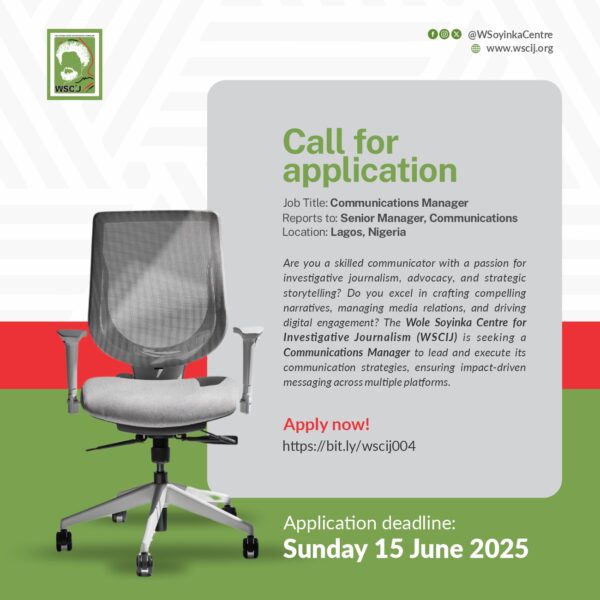Motherhood is a beautiful thing, but it comes with its challenges. When you layer these challenges on the burden of expectations of society from women who are mothers, you have a thoroughly complicated situation that has denied many women their careers.
On my way to the United States only a week ago, a man had a baby, about a year old, all to himself. With all my years of experience and work in agitating in the rights of women, I kept wondering where the mother was. Alas, she was not there and the man did a great job.
Socialisation is a powerful thing and we all are well socialised in the fundamental belief that parenting is the woman’s duty, almost exclusively.
The challenges for the female journalist and how this impinges on her story/work is worth researching and discussing many times over. This work by Ijeoma Okereke-Adagba, who is doing this research as part of her project towards becoming a Report Women: Female Reporters Leadership Programme Fellow, is a good addition to previous works in this light.
The Wole Soyinka Centre for Investigative Journalism (WSCIJ) report on ‘Gender policies and practices in Nigerian newsrooms’ in 2019 showed that the demands of the family on female journalists is the biggest factor holding women from getting to the C-Suites.
We went ahead to engage leaders of news media organisations on the report with recommendations including paternity leave, negotiated work hours, creche facilities in workplaces, and normalisation of men as caregivers for children and many more.
We do need to also intentionally apply this report and others like it to how we report stories about motherhood generally. I have often asked why stories about menstruation or pregnancy, for instance, hardly ever include the voice of men. Why are these issues treated as exclusively female issues?
The media has a role to make the lot of the female journalists in the newsroom and in the news, that is society, better because development will not happen without it.
Signed
Motunrayo Alaka
ED/CEO, WSCIJ

